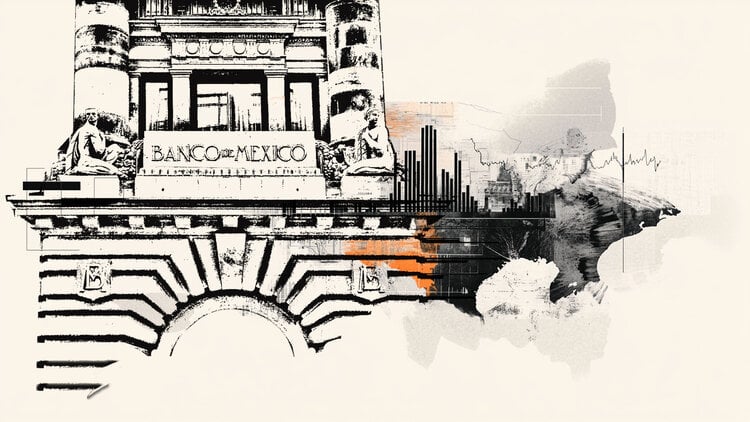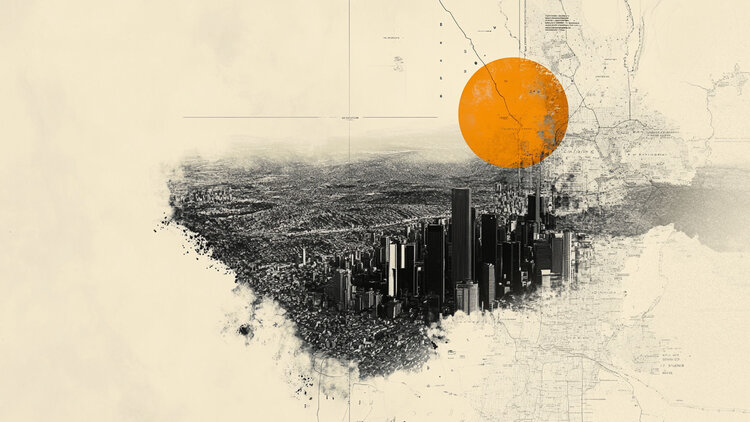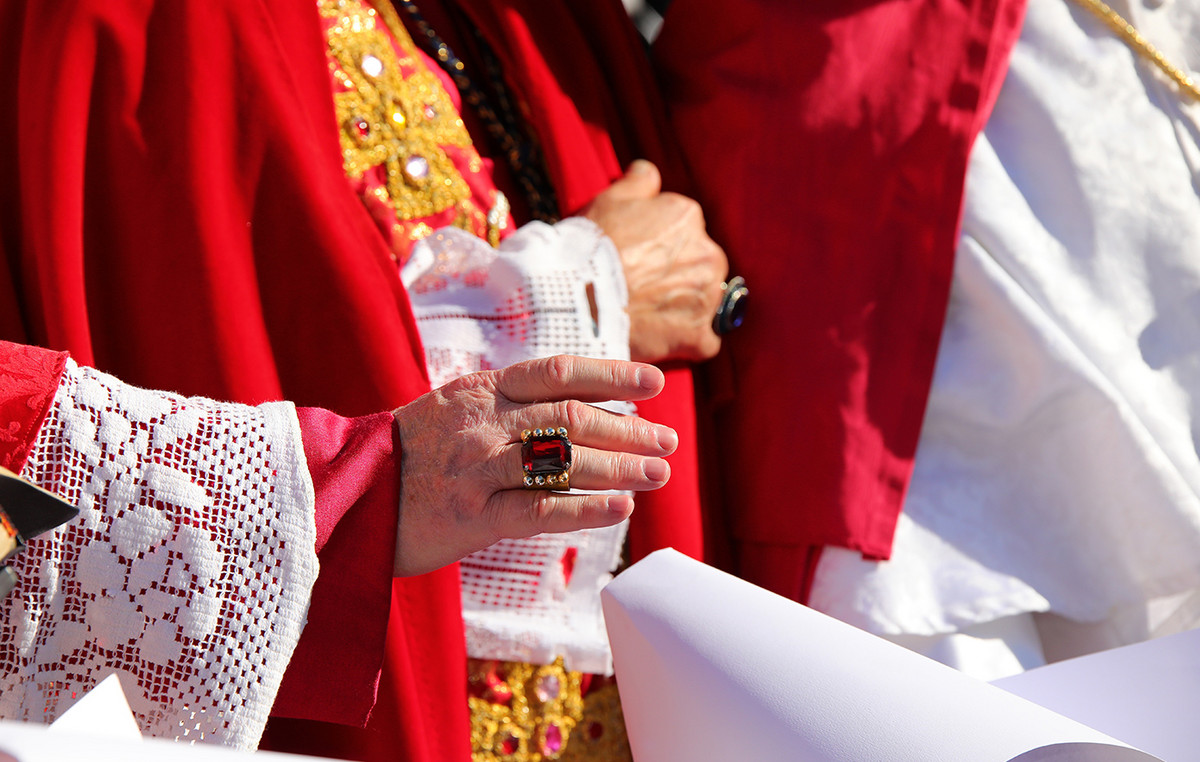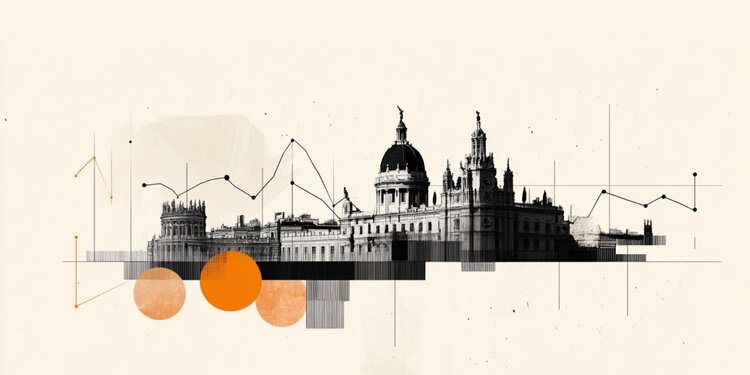The truth is that theEurovision Song Contest does not exist. That is, it exists in theory, as a test-tube utopia; it has no parallels in real life, it has nothing to do with what we face every day, it is in one bubble. It has its own rules, its own imagination, but without actual evidence in reality. It doesn't cast a shadow, it doesn't even have any inside, like a fairytale world (and who believes that?). For those who grew up between the 1980s and the early 2000s, it is the translation of the à la spirit into music we love each other of the Games without Frontiers, or when at school we made posters with stars for each country in Europe because there was faith in the future, and in Europe. History has proved everyone wrong, not Eurovision, which today could be the last remnant of what the founding fathers of the Charter of Rome dreamed of, or an advert for the United States of Europe (and even more, given that in friendship it is Australia was sent, but that's the point) of Bonino, but without the fight barricadera of the radicals.
Because at Eurovision – yesterday there was first semi-final of this 68th edition, tomorrow the other, then Saturday ends with the final, all in Sweden ‒ everything is right, everything is ideal: it is inclusive, on stage there are women, men, non-binary people, queer people, minorities, and the messages are always positive, the songs tell the story of the guy who came out of the moment of loneliness, hurray!, or the girl over there who learned to accept herself; everyone makes it, in the audience there is a flag and a smile for everyone. And in short, it is a playground: if in Europe the states are fighting with each other, there is war on the border, the world is on fire and some countries cancel civil rights as if nothing had happened, Eurovision covers everything with sequins, contradictions included. When Gabriele Corsi, voice of Rai with Mara Maionchi for the three evenings, mentions Ukraine, he bites his tongue: «This song talks about the “mother”, and also refers to the “mother country”…», argh. But this, again, is a happy island, and if something is wrong she pretends not to see it, or rather takes it for granted. As if the surrounding reality were not what it is. And so every antagonistic aspect that is needed in a moment like this, even as a vindication, is lost. Instead nothing, and the result is that from this point of view it is harmless, and it is difficult to take it seriously.
How difficult it is to take the songs seriously, which have always been brought to the competition by popular acclaim from their respective countries of origin, compressed into assembly line rhythms that not even the evening of Sanremo covers. Two rules, indicative above all: the first is official, and that is that the piece must be under the three minutes long, and if it doesn't fit it gets shorter (do it to Bob Dylan, come on); the other is unofficial, if you don't have it most amazing choreography, if you don't make it louder, you're nobody. The consequence, this year like the others, is that we focus on as and not on Whatwith anonymous songs and choreographies that tend towards trash, which can be sensational or creepy, with risky performances overactingand which in any case in half of the cases involve the flamethrower.
It is clear that when there are 37 competitors and they have all won some national competition, the result can only be on average low and ultra-pop ‒ Hera Bjork for Iceland, despite her important surname, she is not even a full-time singer but a real estate agent, she is the old share (born in 1972, the only one) and gives the sensation of having emerged from a sort of The Voice Senior. In such a context, a tiger like Angelina Mango would have few rivals, if only because those who they seem serious there are few like her. Yesterday they arrived in dribs and drabs, worth noting Isaac (for Germany, a contemporary pop that fits well with his big voice) and Luxembourg with Such and her quite refined r&b, or Iolanda herself for Portugal. But Eurovision is more about geopolitics than music (we'll see how it goes with Israel), and no one, not even Italy, is safe, so the conditional is a must.
What's more: for us all this is truly a lost in translation, we were not interested in it for decades, refusing to participate before being hauled back by the production; we were interested in it with the victory of Måneskin, as suddenly as we fell in love with tennis with Sinner, that is, just for fashion, without knowing well that this, which is “the most followed non-sporting event in the world” (they must have repeated it six times just yesterday), actually has millions of fans all over the world, to whom he speaks with a language that we evidently don't understand. It must also be said that the Rai live broadcast is not irresistible, with Corsi's voice-overs which seem like the institutional and packaged commentary of the national football team (“The atmosphere is incandescent”, well) and Maionchi who follows the script too much, limited as 'It's in writing, while it's when he moves like a loose dog that he's at his best. Sin.
Then, beyond the trash, which in any case makes sense to imagine it as an international championship, it is true that it is difficult to find a language that really speaks to everyone, for a show like this. But if, as they write in the slogan, it is music that unites us, one of two things: either we are not so different, and then many things cannot be explained; or Eurovision didn't understand much of it. The point is that most of the songs ‒ as well as being disappointing, ok ‒ are interchangeable, the same, flattened on a straight drum dance-pop which, okay, dominates everywhere, even at the Ariston, but a show that wants to tell the Europe should do more than surrender to downward globalization, like the capital centers that all look alike, with the same shops. Here too, the countries, obviously, all look alike, with huge delays and imitations, from Cyprus which takes Britney Spears and related 2000s aesthetics and Luna, for Poland, which is a little Taylor Swift. There is very little that is indigenous, little in general that revisits the tradition of a place (yesterday barely Azerbaijan), at most the only message that gets through is the desire of many – most of the small fish, of course – to be like the others. A little bit, considering everything.
The fact that all of this is a league unto itself, with a stage that humiliates the songs but enhances the performances, or at least a certain type of performance, is demonstrated by the favorite position of Baby Lasagna, Croatia, which last night ate up the arena with a piece that «tells the story of a boy who leaves the countryside to go and live in the city», and in which the boundaries between meme, parody and seriousness become thin ; he mixes house, metal, goth aesthetics, engraving and in an original way claim sticky from TikTok and a pounding beat, it also makes you laugh and has everything you need to make a splash (while for example Ireland, still keeping to the theme of horror-style choreography, is also on the trash side, but left the song at home ). A kind of very low compromise of what the Måneskin perfect storm had encountered. The rest, again, is a utopia, and therefore a collective hallucination, a dream, guilty pleasure, a week's holiday from the world out there; something that – fortunately, unfortunately – has little to do with everyday life and music.
Source: Vanity Fair
I’m Susan Karen, a professional writer and editor at World Stock Market. I specialize in Entertainment news, writing stories that keep readers informed on all the latest developments in the industry. With over five years of experience in creating engaging content and copywriting for various media outlets, I have grown to become an invaluable asset to any team.







